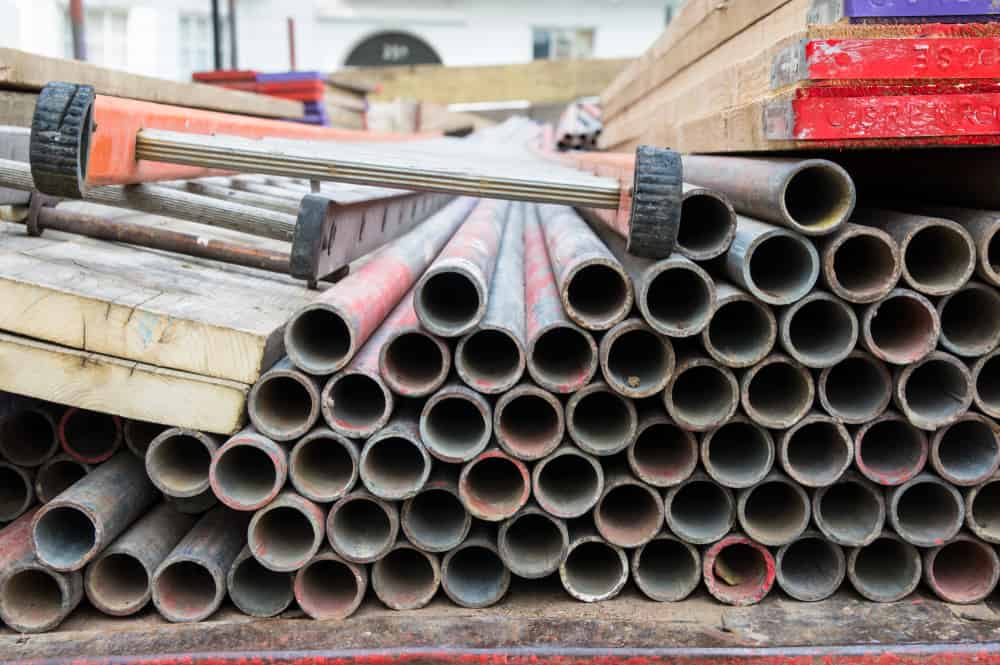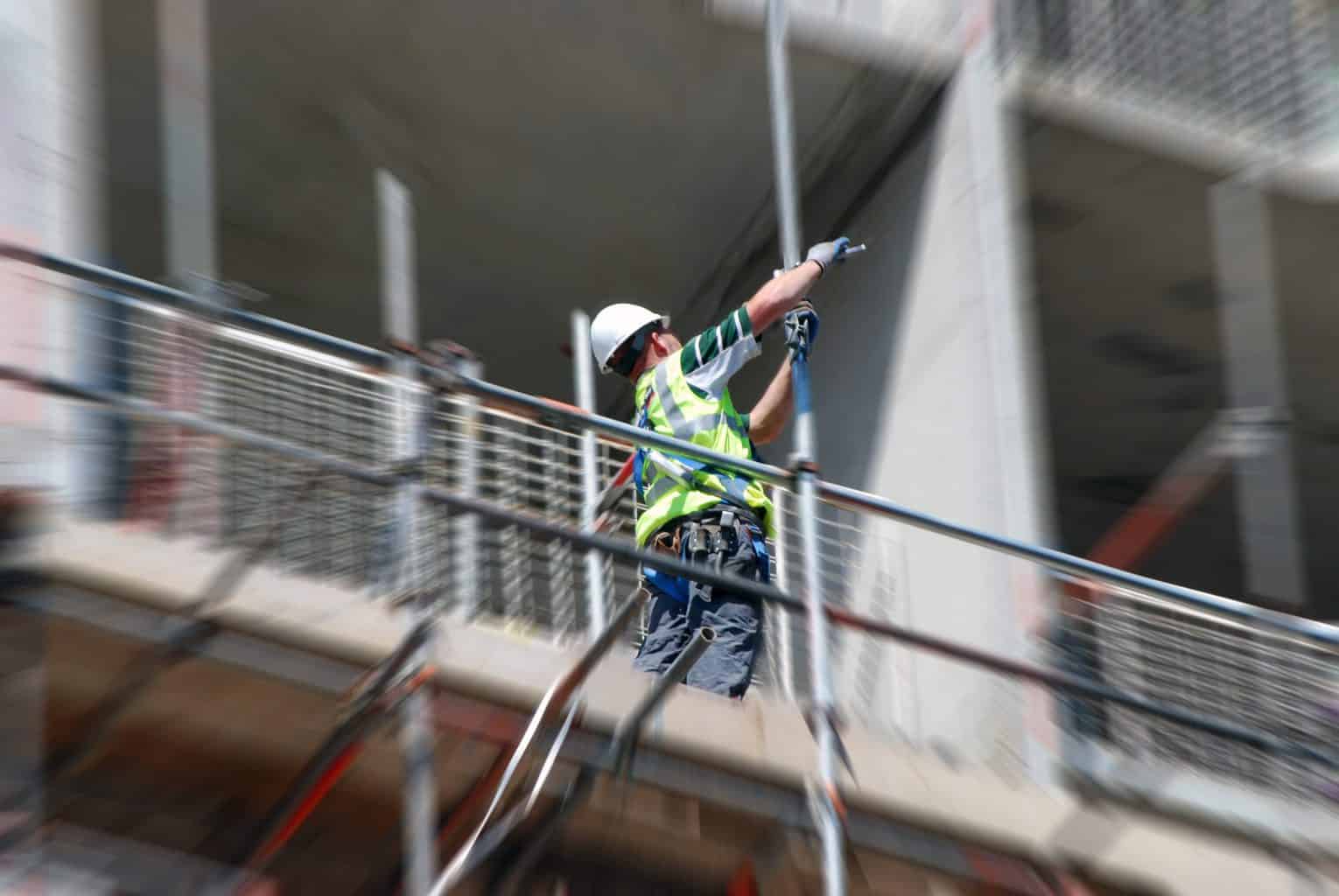The HSE, working in partnership with the Department for Transport (DfT), has published updated guidance on work-related road risk (WRRR) for employers and workers.
The gig economy and the increasing use of personal vehicles for work purposes – the so-called ‘grey fleet’ – has created some confusion over where responsibility for legal compliance lies, says the regulator.
Driving for work is likely to be the most dangerous activity most workers will ever undertake.
- Every week there are around 200 deaths and serious injuries involving people using the road for work
- It is estimated that 40,000 people working in occupations such as sales, deliveries or taxi-driving are involved in road traffic collisions every year
- Company car drivers in the UK are 49% more likely to be involved in traffic collisions, even after correcting for demographic variables and their relatively high mileages
- Countless other will suffer stress, anxiety and/or minor injuries from unreported incidents.
HM Inspector for HSE’s Transport and Public Services Unit, Nicola Jaynes, commented:
“The Health and Safety at Work Act sets out the legal duties of employers and those engaged to work for them, their responsibilities to manage WRRR are nothing new. However, the landscape is changing and we wanted to ensure guidance reflects these changes and also remains relevant for years to come.
“Companies who otherwise have robust health and safety policies sometimes fail to consider their responsibilities adequately when it comes to driving or riding for work. Everyone should come home from work safe and well, whether they’re working behind a desk or behind the wheel.”
Prosecutions could lead to significant fines and custodial sentences, as well as driving bans and/or operator licences being revoked. In 2020, a company found guilty of failing to effectively manage fatigue for their employees driving for work, was fined £450,000 and ordered to pay £30,000 costs after two men lost their lives in a motorway collision.
All drivers and riders have an individual responsibility for their driving behaviour under road traffic laws. However, when driving for work, the organisation they work for has legal responsibility for their employees’ health and safety.
For example, ensuring employees do not drive an excessive number of hours and checking their vehicle is properly maintained, even if it belongs to the employee. The regulations apply to all workers including those using two-wheeled vehicles, such as motorcycles, scooters and ebikes.
The updated guidance is informed by HSE research which included a literature review, survey and interviews with those working in the sector.
Nicola Jaynes added: “The shocking number of injuries and fatalities associated with driving for work demonstrates that more needs to be done to manage WRRR. This updated guidance will give employers the guidance they need to ensure the safety and wellbeing of their drivers and riders.
Organisations with a positive safety culture and clear, well-managed policies for driving and riding for work can have a significant influence keeping our roads safe for everybody.”
Read the newly updated guidance on work-related road risk here.




